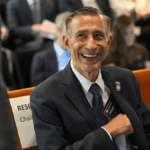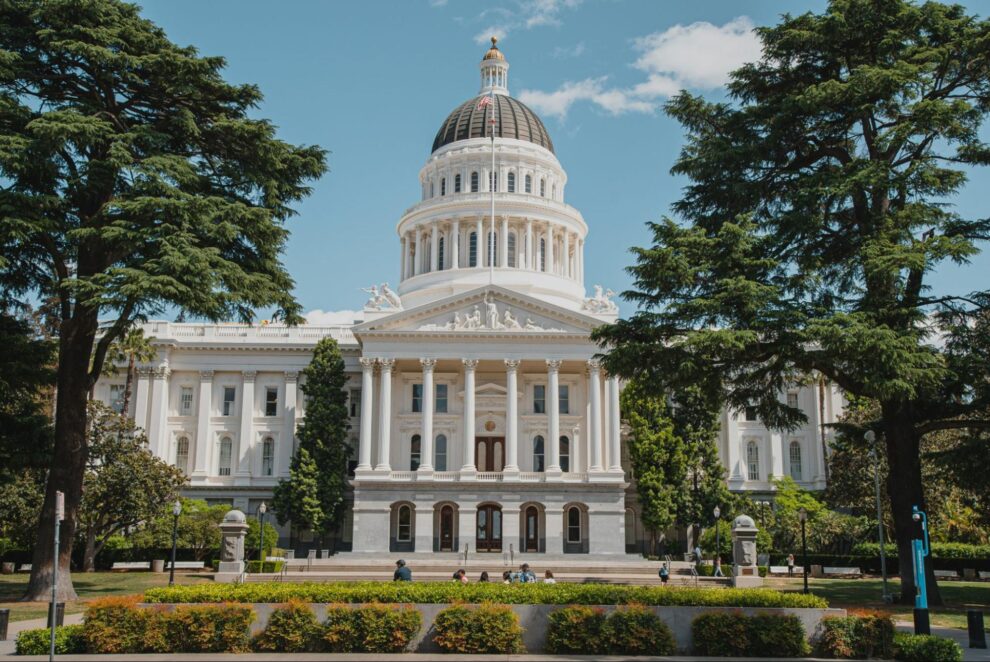Three former California Citizens Redistricting Commission members oppose Newsom’s redistricting efforts, citing similar problems in California
Last week California lawmakers convened for a public discussion of the redistricting plan that has become popular around the nation. Though Newsom stated the party needs to “meet fire with fire” at a Los Angeles rally, not every Democrat was on his side.
Most notably, three former California Citizens Redistricting Commission members, Jeanne Raya, Connie Archbold Robinson, and Cynthia Dai, testified in opposition to the plan last week.
“What is happening in Texas is reprehensible, and I admire the Texas Democrats who have resisted,” said Raya in her testimony, “But I think those people, those elected representatives in Texas, are capable of resolving this issue for Texas, we’re concerned about resolving a similar issue in California.”
Robinson concurred, arguing that if California does not hold itself to a higher standard, they will lose their credibility and in the end hurt their own bottom line. “If we gut the great work that we have been doing there, then not only do we lose our credibility, those efforts actually get stalled and get reversed,” Robinson said.
And these women are not alone. Democrats across the state have varied reasons for not supporting this plan.
Sonoma County Supervisor Lynda Hopkins is concerned about “diluting the rural vote.” Assemblymembers Alex Lee and Jameet Bains also did not support the plan. Lee called this plan part of a “race to the bottom.”
This controversy stirs tension in California because of ballot measures in 2008 and 2010 that shifted the power of redistricting to an independent commission. The 2008 passage of Prop 11, the “Voters FIRST Act,” created the independent 14-members California Citizens Redistricting Commission which was in 2010 given power through the passage of Prop 20 to actually draw congressional districts. This specifically took power away from the legislature and put it in the hands of the people.
Now, Newsom is responding to redistricting efforts in Texas where Gov. Greg Abbott called a special session to redraw congressional maps that could lead to five new Republican seats in the House. In response, Newsom is attempting to hold a special election in November that will allow residents to vote on newly drawn congressional maps designed to create five new Democrat seats in the House.
This California caveat is what makes Newsom’s proposal so challenging: their unique redistricting process explicitly gives authority to the commission, not the governor.
In an attempt to make this point, members of the GOP tried to block the special election through an emergency petition to the Supreme Court that claimed the move by Newsom had violated “the state constitution and laws around redistricting.” That petition was denied Wednesday afternoon.
“The Supreme Court’s abdication in its responsibility to be a checks and balance on the other branches of the government, let alone deny the opportunity to even hear the arguments being made, undermines voter confidence and sets a terrifying precedent that the governor and a willing legislature can blatantly disregard and violate the constitution at will, without the fear of any accountability or punishment,” said Republican lawmakers in response to the decision.
Prop 50 will appear on the ballot this November asking voters to support the congressional redistricting that was created in the California legislature, without the California Citizens Redistricting Commission.














Add Comment